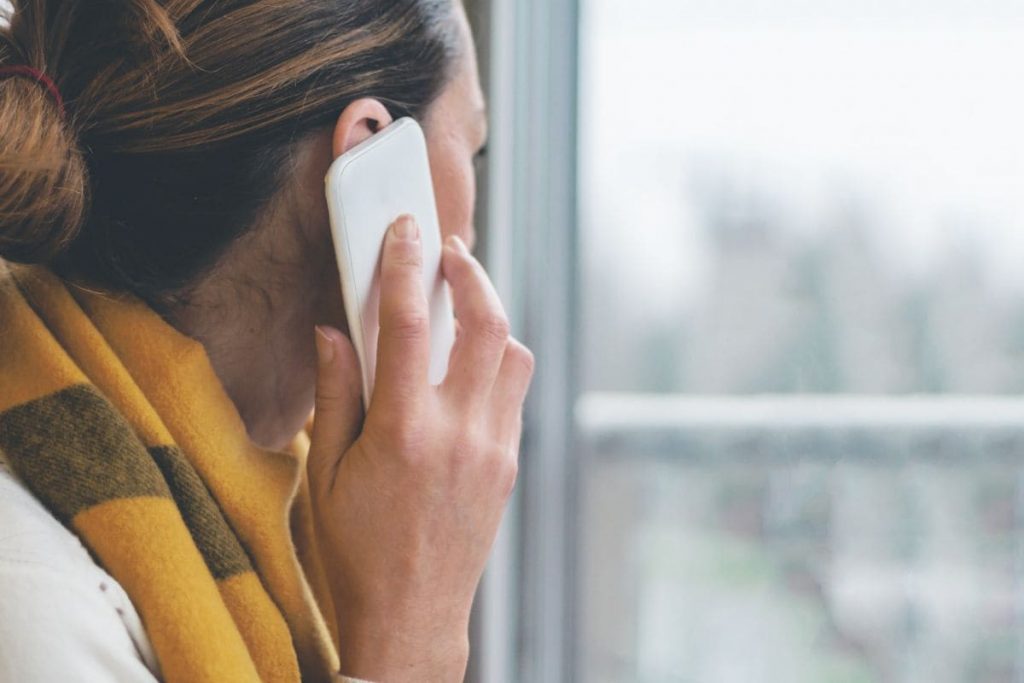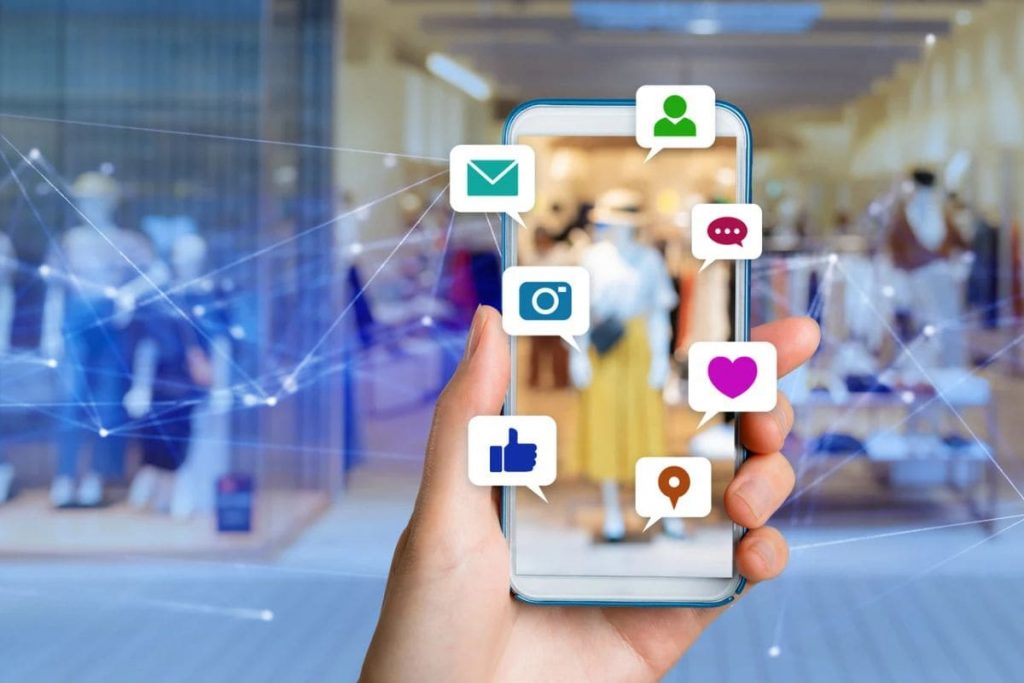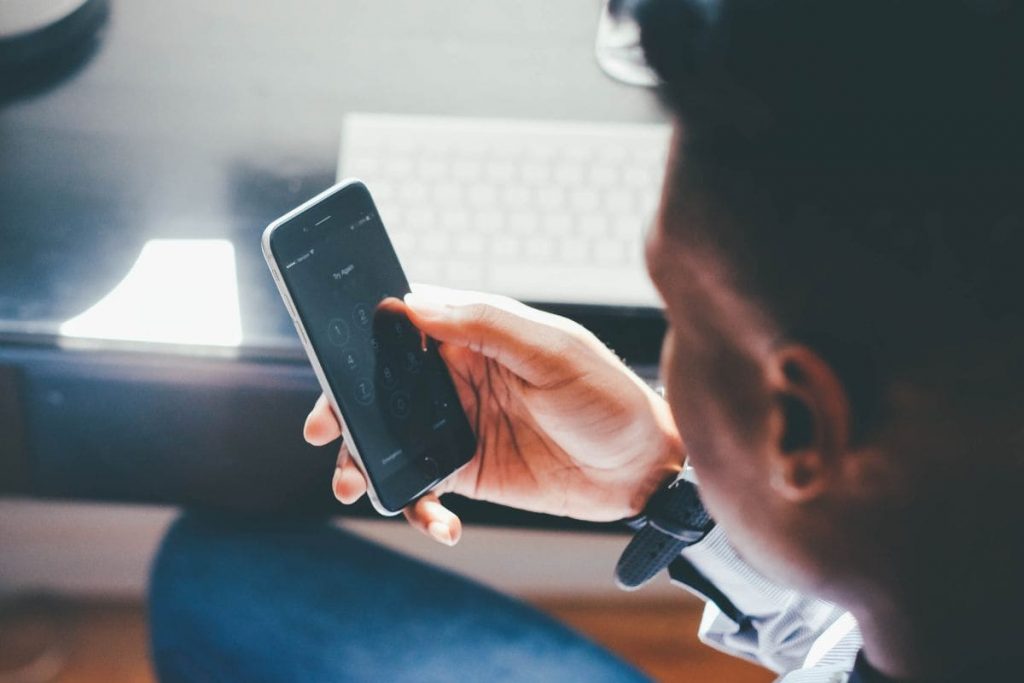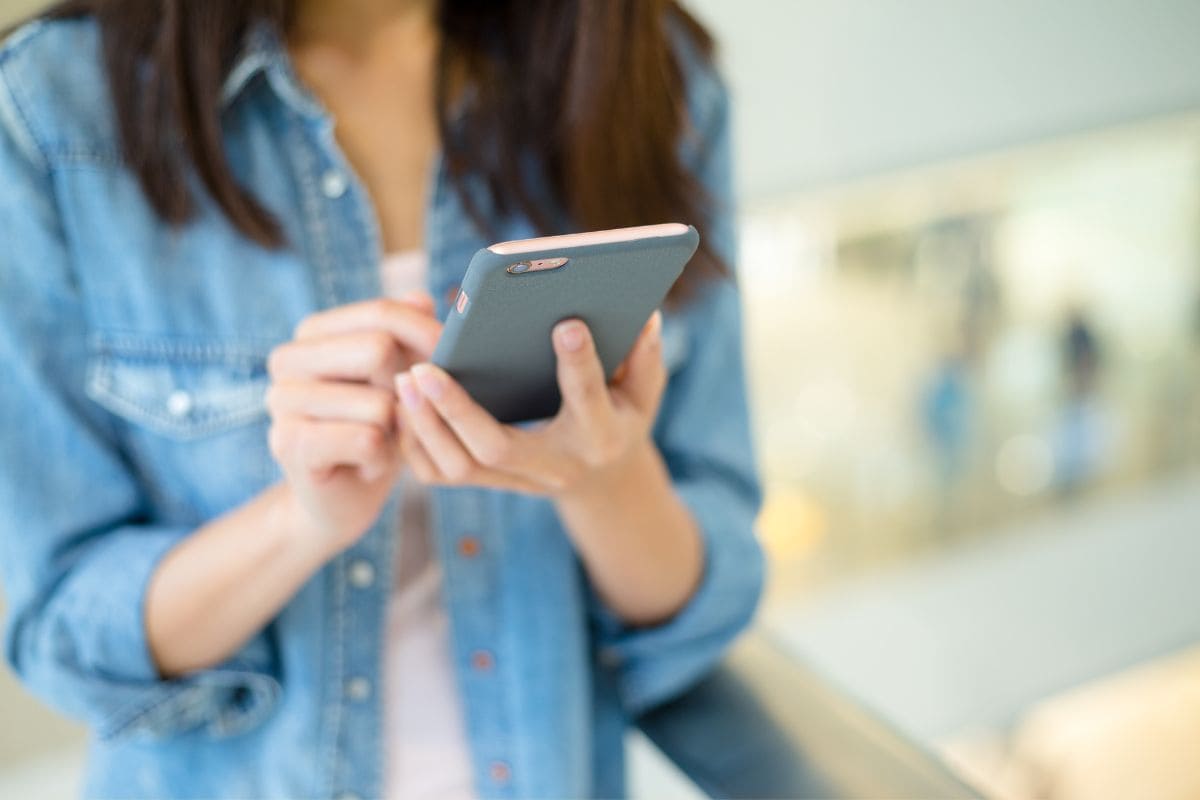It’s no secret that phones are a big part of our lives. We use them for communication, entertainment, and more. But for introverts, the phone can be an especially tricky tool to navigate – it often feels like an unwelcome intrusion into our personal space.
We all know what it’s like to get a call when we don’t want to talk to one – those dreaded cold calls or random check-ins from friends and family.
Unfortunately, even if you turn off your ringer or silence notifications on your phone, there will still be times when someone needs to reach out. So how do we handle this situation?
The answer lies in understanding how to use the phone in a way that works best for us as introverts.
By setting boundaries around when and how people can contact us and being mindful about using technology responsibly, we can make sure that spending time on the phone doesn’t become too much of a distraction from our own inner world.
With just a few simple steps, we can keep ourselves feeling connected without sacrificing our need for quiet contemplation.
The Pressure To Be Always Available

In today’s world, it seems like everyone is expected to have their phone on and respond immediately if someone contacts them. For those of us who are more comfortable being alone or keeping our conversations to one person or ourselves, this constant availability can feel like too much of a burden.
Being constantly plugged in doesn’t allow introverts the time they need for contemplation and reflection. We introverts need space away from others so we can process our thoughts and feelings without interruption.
The pressure to stay connected through our phones makes it difficult to find the time we crave for these moments of solitude.
Without regular breaks from social interaction with people, there is no way for an introvert to recharge their batteries after interacting with other people.
As a result, many shy away from using their phones altogether in order to avoid the stress that comes along with staying connected all the time.
The Constant Interruptions

Every time your phone pings or vibrates, it’s like an interruption to your train of thought – and often these notifications are for things you don’t even need right away.
This means that just when we’re in the middle of getting lost in our own thoughts and ideas, something pulls us back into reality. It can be hard to get back on track once this happens.
If someone texts you and doesn’t receive an immediate response, they may think something is wrong or that you’re ignoring them.
Even though a lot of what comes through our phones are helpful reminders about tasks or upcoming events, this information can still become overwhelming very quickly if there isn’t any downtime away from technology built into our routines.
The constant interruptions make it difficult for most introverts to find peace and focus within themselves while using their phones.
Impact Of Social Media On Introverts

With so many people constantly sharing their opinions and experiences online, it’s easy to become overwhelmed by all the noise. For an introvert who prefers to keep their thoughts and feelings private, this constant chatter and social circle can be more than a bit overwhelming.
Social media also adds another layer of pressure when it comes to self-expression. Introverts may feel like they need to present themselves in a certain way in order to fit in with everyone else online, which can take away from how authentic their interactions are.
Smartphones and social media can contribute to a fear of missing out, which can be particularly detrimental to introverts.
They may feel pressured to participate in social events or conversations they may not be comfortable with, leading to increased stress and a sense of obligation to maintain appearances.
Taking regular breaks throughout the day, setting boundaries around notifications, or even taking multiple days off each week could help reduce stress levels associated with being connected all the time.
Strategies For Reducing Stress When Talking On The Phone

For introverts, talking on the phone can be a stressful experience. It often requires us to be more extroverted than we’re comfortable with and can even cause anxiety or panic attacks if not managed properly. Fortunately, there are several strategies that one can use in order to reduce stress when one needs to make or receive a call.
The other helpful report first is preparing ahead of time by jotting down any questions or topics you want to cover during the conversation. This will help keep your mind from wandering and allow you to stay focused throughout the call.
Additionally, it’s important for an introvert to take breaks as needed – stepping away for short moments can give you some much-needed breathing room before diving back into the conversation.
Lastly, it may also be helpful to find ways to make yourself feel less exposed while speaking on the phone. By wearing headphones or putting something comforting nearby like a pillow or stuffed animal, we can create a physical barrier between ourselves and whoever is on the other line which helps us feel safer and more secure while still engaging in meaningful conversations.
By taking these simple steps, introverts can now enjoy speaking and communicating over the phone without feeling overwhelmed by their own anxieties.
The Illusion Of Connection

Social media platforms and instant messaging apps have made it easier than ever to make new friends and keep in touch with close friends’, family, and acquaintances.
However, these platforms often promote shallow, superficial interactions that lack the depth and substance that introverts typically crave in their relationships. As a result, many introverts themselves may feel more isolated despite being digitally connected.
Communication through a phone often lacks the nonverbal cues that are crucial for understanding and interpreting a conversation. For introverts, who may already struggle with social interactions, this can make most phone calls and conversations even more challenging and anxiety-inducing.
The illusion of connection created by smartphones can hinder introverts from developing genuine relationships in real life.
By relying on digital communication, introverts may miss out on the opportunity to forge meaningful connections and develop essential social skills through face-to-face interactions.
Key Takeaways

While smartphones have revolutionized the way people communicate with each other, they have also brought about some negative consequences, particularly for introverts.
The constant notifications, social media updates, and text messages can be overwhelming and exhausting for introverts who prefer quiet and solitude.
Introverts need time to recharge and reflect, and smartphones make it difficult to disconnect from the world and take a break from the constant stimulation.
Instead, they can feel pressured to be always available and responsive, which can lead to stress, and social anxiety, and burnout.
However, this does not mean that introverts should avoid smartphones altogether. There are ways to use them in a more mindful and intentional way, such as turning off notifications, setting boundaries, and using apps that promote relaxation and mindfulness.
By doing so, introverts can still benefit from the convenience and connectivity that smartphones offer, without sacrificing their need for solitude and self-care.

